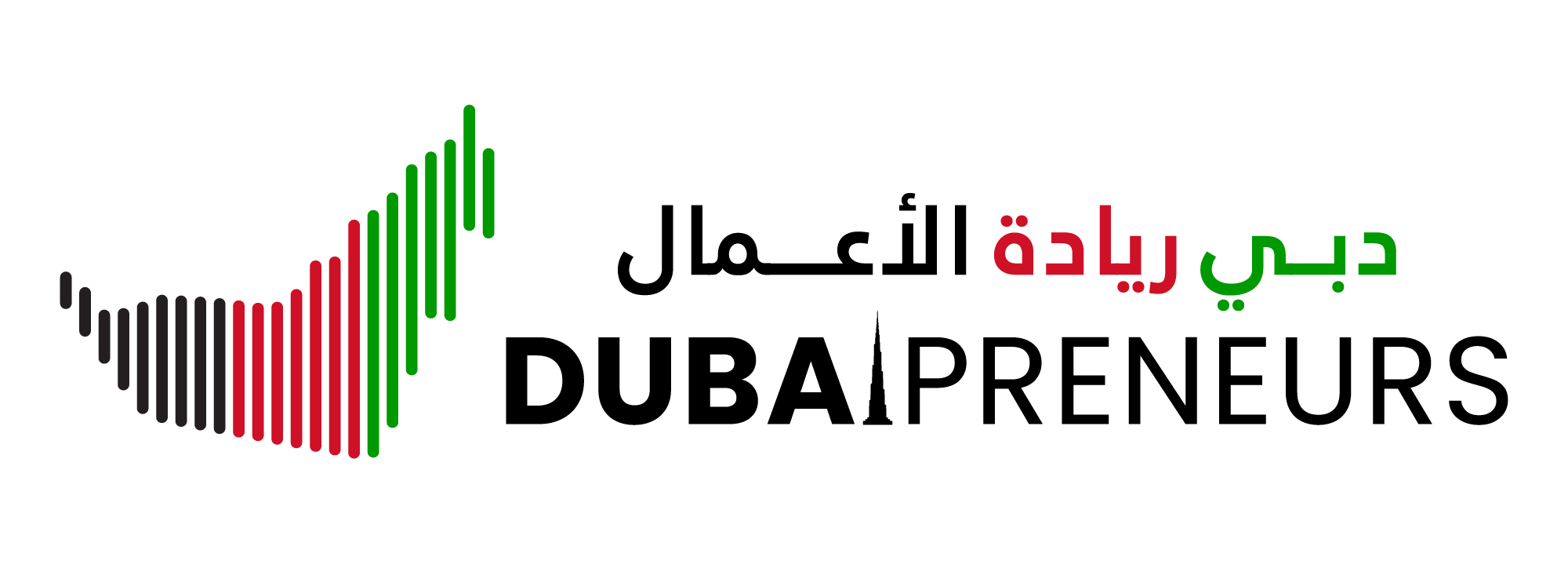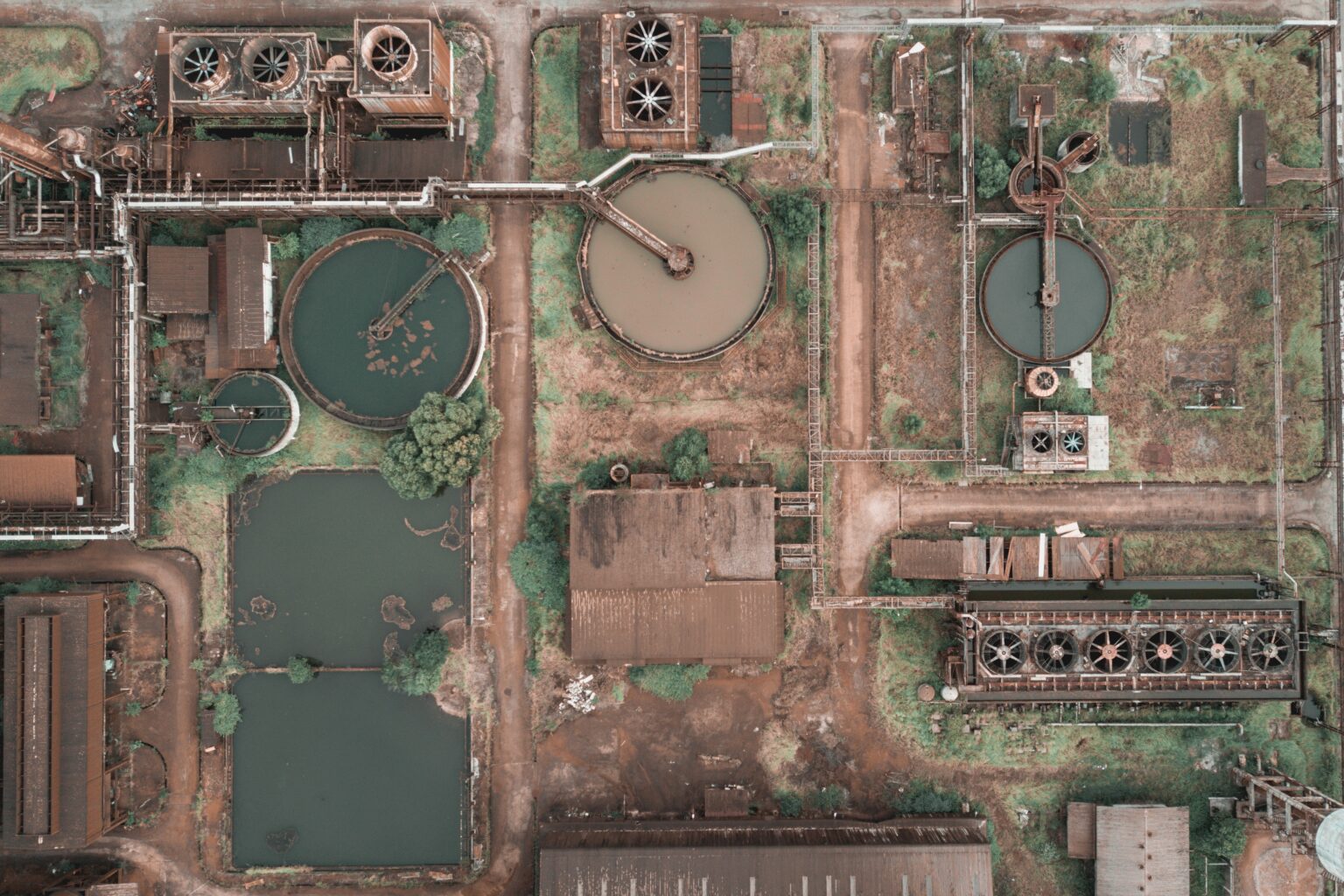Dubai, UAE – In a significant move to support its long-term sustainable development strategy, Dubai has approved the construction of a state-of-the-art sewerage system with a staggering investment of Dh80 billion. The project, spearheaded by Sheikh Hamdan bin Mohammed bin Rashid Al Maktoum, Crown Prince of Dubai and Chairman of The Executive Council of Dubai, is designed to meet the emirate’s population needs for the next century. This landmark initiative aligns with the Dubai Economic Agenda D33 and the Dubai Urban Plan 2040, solidifying Dubai’s position as a leading global city renowned for its integrated infrastructure and forward-thinking approach.

Image Credit – Dubai Media Office
Advanced Infrastructure for a Sustainable Future
The centennial Sewerage System, a collaborative venture between the government and private sector, aims to create one of the world’s most advanced and sustainable infrastructures. With a commitment to reducing carbon emissions by 25 percent in the sector, the project also promotes circular economy principles while enhancing Dubai’s global competitiveness and quality of life indicators. By opening doors for private sector partnerships, the Dubai Municipality aims to tap into the expertise and resources of businesses, bolstering the city’s future readiness and surpassing Dh1 trillion in private sector investments by 2033.
Empowering Small and Medium Enterprises (SMEs)
Acknowledging the pivotal role played by small and medium enterprises (SMEs) in Dubai’s economy, Sheikh Hamdan emphasized the importance of supporting entrepreneurship and empowering emerging projects. SMEs constitute the largest share of businesses in Dubai and have contributed to dynamic growth based on knowledge and innovation. To foster the role of the SME sector further, Sheikh Hamdan approved the adoption of the future model of the Mohammed Bin Rashid Establishment for SME Development (Dubai SME). This strategic move aims to support innovative ideas, create job opportunities, and contribute approximately AED9 billion to Dubai’s GDP.
Enhancing Dubai’s Clean Energy Strategy
The approval of the new sewerage system showcases Dubai’s commitment to becoming one of the world’s most modern, advanced, and sustainable cities. In line with the Dubai Clean Energy Strategy 2050 and the city’s sustainable development goals, the project will enhance operational efficiencies while extending the system’s lifespan from 25 to an impressive 100 years. The strategic tunnel projects planned for Jebel Ali and Warsan stations will optimize wastewater treatment facilities, reducing their numbers significantly. Additionally, a focus on clean plants and the maximization of recycled water will contribute to Dubai’s clean energy objectives.
Building a Resilient and Diversified Economy
Aligned with the Dubai Economic Agenda D33, the new strategy of Dubai SME aims to support the entrepreneurial ecosystem across all economic sectors and stakeholders. By empowering Emirati entrepreneurs, facilitating the establishment of new projects, and promoting emerging ventures in the new economy, Dubai aspires to create a flexible and diversified economy for the future. Targeting specific sectors such as financial services, advanced manufacturing, transportation, energy technology, retail and e-commerce, professional services, food and agricultural technology, health and society, and education technology, Dubai seeks to foster high-growth companies and expand its presence in global markets.
Dubai’s visionary approach to sustainable development and its commitment to enhancing the city’s infrastructure have once again come to the forefront with the approval of the Dh80 billion sewerage system. By investing in advanced and sustainable infrastructure, fostering private sector partnerships, and empowering SMEs, Dubai is paving the way for a resilient and prosperous future. This monumental project not only aligns with the city’s long-term plans but also positions Dubai as a global leader in integrated infrastructure, clean energy, and economic diversification.


